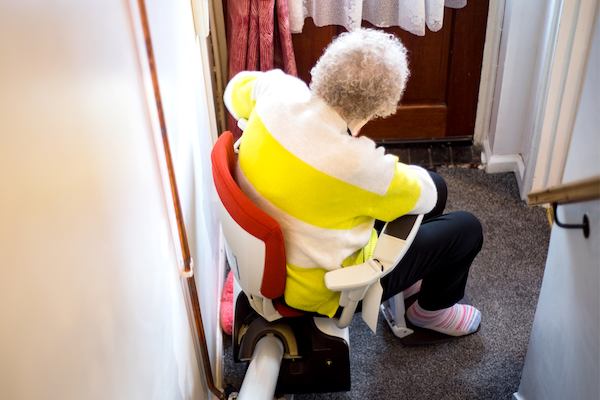The changes proposed by the Department of Levelling Up, Homes and Communities (DLUHC) will establish a legal requirement for new homes to have step-free access to all entrance level rooms and facilities as well as further features to make homes more easily adaptable over time.
Increasing the number of accessible homes will make a huge difference to the lives of hundreds of thousands of people who currently live in properties that present a risk to their health and present significant barriers to their everyday living.
At Ageing Better we've been working hard to encourage the government to make this important step as part of our role as co-chairs of the HoME coalition.
The coalition has been campaigning for almost three years for higher minimum standards to ensure new homes have basic accessibility features that make them suitable for people of all ages and abilities over the lifetime of the home.
During the consultation process, we engaged with the development industry and housing associations to build a consensus about the benefits of homes that are inclusive and future proofed. We're delighted that the government has listened to the overwhelming consensus of the recent consultation and will seek to raise the baseline standard for new housing to Category 2 M4(2) accessible and adaptable housing.
Ageing Better looks forward to working with DLUHC through a second phase of consultation during which we intend to encourage the government to:
- Progress the next phase of consultation with urgency to make sure these changes are enshrined in law as soon as possible
- Ensure that any exemptions allowing for the lower standard of Category M4(1) to apply only in very limited exceptions
- Apply the Nationally Described Space Standard (NDSS) as a mandatory baseline which will ensure that every new home is spacious and comfortable
- Set a clear expectation that each local planning authority must set out policies for how many wheelchair accessible properties will be built within each iteration of their local plan

